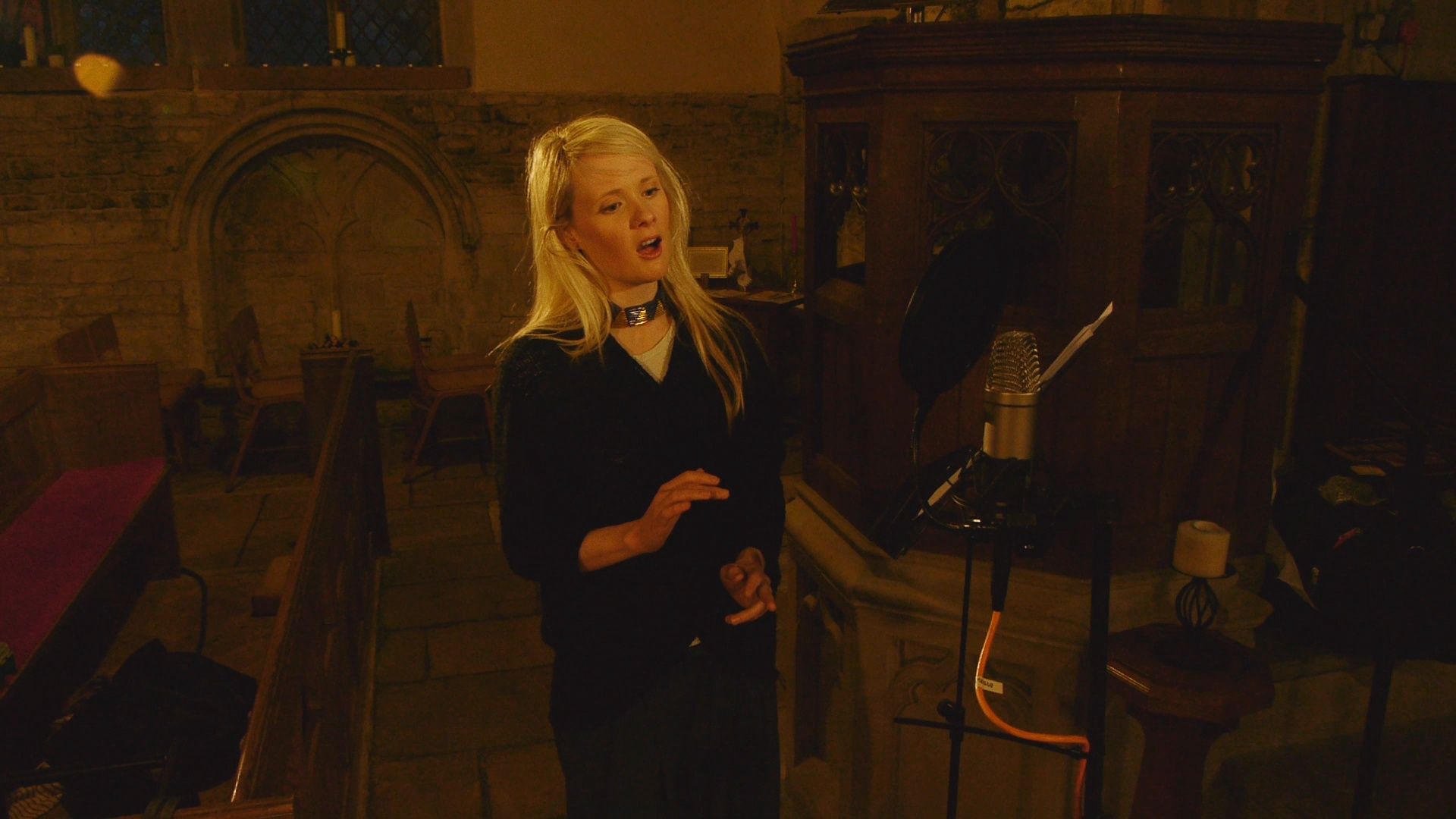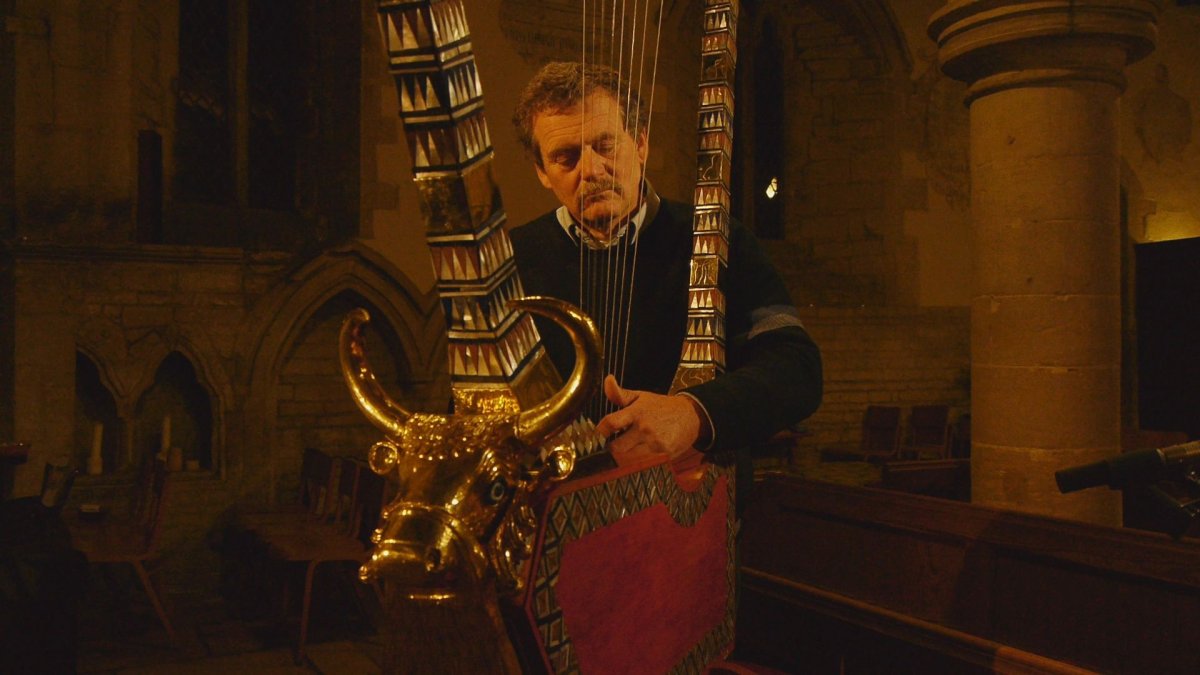
What really lasts in this world? What dies, what can be revived? Are humans basically the same now as in ancient times?
I was left pondering these questions after listening to singer and composer Stef Conner's album The Flood. It's probably the first ever to be sung in ancient Sumerian and Babylonian, and it's hauntingly beautiful.
One concrete answer to the first question: clay. Clay lasts.
That's a good thing for Conner, who after completing a degree in music composition got deeply interested in Babylonian literature and poetry—which was originally recorded in cuneiform, wedge-shaped marks on clay tablets.
But the words on the paper, the modern incarnations of these mineral etchings, were not enough for Conner. She wanted to know what these languages sounded like, to summon life from stone. Many of these poems and snatches of writings were sung and chanted, according to historians. The tunes played an important part in rituals in Mesopotamian societies, from funerals to lullabies, Conner says.
So she teamed up with Andy Lowings, who reconstructs ancient instruments and plays a mean lyre, a musical instrument with strings that resembles a harp. The two set out to create music that brings ancient Babylonian poetry to life, and The Flood is the result. It was produced by sound engineer Mark Harmer and can be found on Conner's website; it will also come out on iTunes next month.
But how does one reincarnate music that no human voice has uttered for millennia? Conner says a key step was to really understand the language. She carefully studied historical analysis of the stresses and intonations of Babylonian and Sumerian for hints as to how it may have sounded, and researched how language is converted into music in similar Semitic languages. Then, after choosing and memorizing a piece of writing or poem, Conner collaborated with Lowings to create the melody.

She was guided in part by the work of music scholar Anne Draffkorn Kilmer, who came up with a score for the Hurrian hymn to Nikkal, the "oldest song in the world," recorded on a clay tablet found in the ancient city of Ugarit dating to the second millennia B.C.
Conner doesn't claim this is exactly how ancient Babylonian songs sounded, and admits that some intuition had to come into play to create the music. But she says that "ancient Babylonians would maybe think it sounded a bit familiar... and would have hopefully liked it." (I believe she also hopes that modern humans like it.)
"My wife and I enjoyed listening to the [album], finding in it much musical beauty and truth," says music historian Richard Crocker.
The album is littered with songs of romance, eros, lullabye calm, insults, come-ons and darkness. Of course, unless you're Indiana Jones, you're not going to understand most of the songs. There are, however, five English-language proverbs that are used like interludes on the album; all of them are translations of various Babylonian writings.
Some of them are funny:
I am a lady who wears large garments
Let me cut my loincloth
While others are bit darker:
When I married a malicious husband
when I bore a malicious son
an unhappy heart was assigned to me
Either way, the proverbs, like the songs, are probably unlike anything you've heard before.
"It's hard to find ways to have an original voice in the world of music," Conner says. She, of course, needn't worry about that.
Uncommon Knowledge
Newsweek is committed to challenging conventional wisdom and finding connections in the search for common ground.
Newsweek is committed to challenging conventional wisdom and finding connections in the search for common ground.
About the writer
Douglas Main is a journalist who lives in New York City and whose writing has appeared in the New York ... Read more
To read how Newsweek uses AI as a newsroom tool, Click here.








